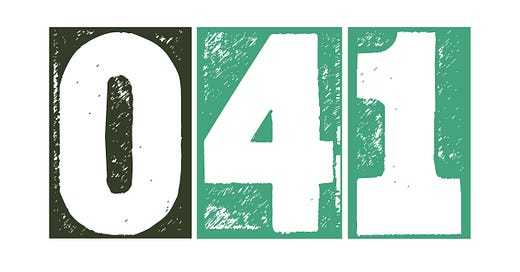a declaration of what we love
Where would we be without lists?
Write a list of 100 objects you see, hear, touch, taste, or smell throughout your day. The only requirement is that it is all one sense. If you want to carry the exercise further, do 100s with other senses.
Notes from janan: List making is among the oldest and most ubiquitous literary practices around the world. “The list is the origin of culture,” Umberto Eco once proclaimed in an interview with Der Spiegel. Here’s the full quote:
“The list is the origin of culture. It’s part of the history of art and literature. What does culture want? To make infinity comprehensible. It also wants to create order—not always, but often. And how, as a human being, does one face infinity? How does one attempt to grasp the incomprehensible? Through lists, through catalogs, through collections in museums and through encyclopedias and dictionaries.”
Later on in the interview, Eco continues: “We have a limit, a very discouraging, humiliating limit: death. That’s why we like all the things that we assume have no limits and, therefore, no end. It’s a way of escaping thoughts about death. We like lists because we don’t want to die.”
Think of all the ways that lists appear in our lives: to-do lists, shopping lists, wish lists, bucket lists, lists of resolutions for the new year, lists of accomplishments on the CV, lists of affirmations, lists of the names of the fallen, the dead, the disappeared. Through lists we memorialize and compile and archive. Is this, as Umberto Eco suggests, part of how we contend with our mortality? Is a list, in fact, a declaration of what we love in the face of all that will one day disappear from us?
Here’s a list poem to end all list poems, from eighteenth-century poet Christopher Smart: “Jubilate Agno, Fragment B, [For I will consider my Cat Jeoffry]”




